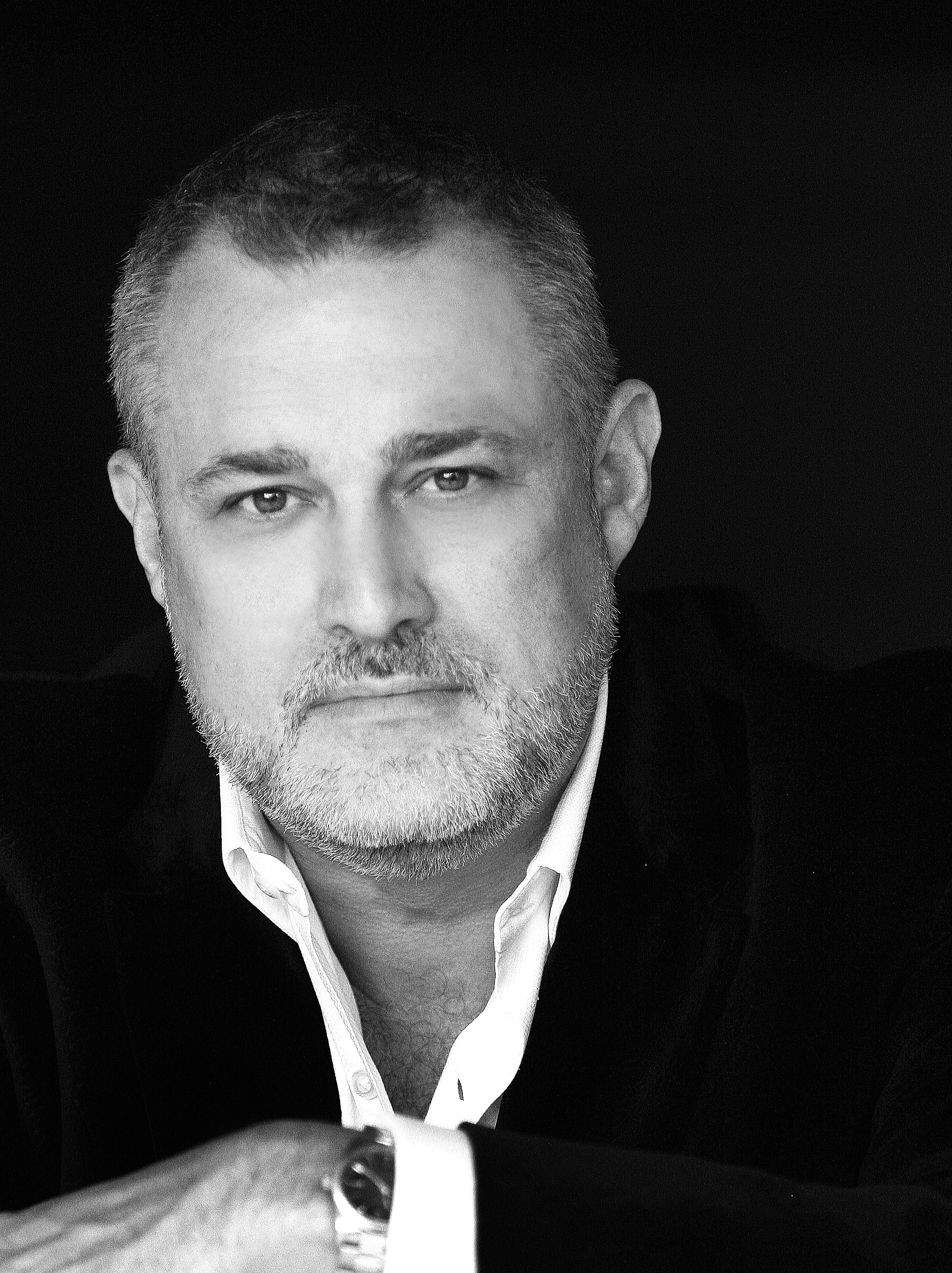Don’t Trust Your Gut! Overcoming Cognitive Bias in Business
Don’t Trust Your Gut! Overcoming Cognitive Bias in Business https://csuiteold.c-suitenetwork.com/advisors/wp-content/themes/csadvisore/images/empty/thumbnail.jpg 150 150 jeffreyhayzlett https://secure.gravatar.com/avatar/7d20a01ed9c1d91ad616e067720c7767?s=96&d=mm&r=g
Go with your gut.
You hear that all the time, but it turns out; it might not be the best advice.
“Unfortunately, this message is so flawed,” Dr. Gleb Tsipursky told me during a recent C-Suite Network Digital Discussion. “It feels very comfortable, intuitively, but it often leads to disastrous decisions.”
He continued, “Your feelings, your intuitions are unfortunately going to lead you astray.”
Dr. Tsipursky is CEO of Disaster Avoidance Experts, a consulting firm that helps companies with decision making, risk management, and strategic planning. He is also the author of the appropriately titled, Never Go With Your Gut: How Pioneering Leaders Make the Best Decisions and Avoid Business Disasters. I was so impressed with his insights; I spoke with him twice in 2020 – first on my All Business with Jeffrey Hayzlett podcast, then the aforementioned Digital Discussion.
If you’re wondering why you shouldn’t trust your gut instincts, Dr. Tsipursky points to the science.
“Our guts are evolved, not for the modern world, they’re evolved for the ancient savanna,” he said. “The modern world with the Internet and so on (has) really been around since 1990. Do you think we’ve had time to evolve for it?”
If you’re thinking, ‘what about your experiences?’ then you’re not alone. I thought the same. Dr. Tsipursky said not to confuse the two. Your experience comes from what could be years of practice. He used the example of looking at your inbox and differentiating the critical messages from the spam. The same goes for your business experience. If you’ve been in a similar situation before, you have the information you need to make the right decision.
The other reason you shouldn’t trust your gut is rooted in psychology. Dr. Tsipursky says our cognitive biases also get in the way. For anyone without a psychology degree, cognitive biases are flaws in the way we think. Some scientists believe these biases may be hardwired in our brains. There are many types of these biases, but Dr. Tsipursky focused on three:
- Normalcy Bias: The idea things will continue as normal – such as believing things will return to “normal” when the pandemic is over
- Confirmation Bias: This is looking for information that confirms our beliefs and feelings. “When you get information that doesn’t (confirm your beliefs), you tend to reject it because it doesn’t feel comfortable,” Dr. Tsipursky said. “You’re letting your emotions drive you in business, and that leads you to make bad mistakes.”
- Planning Fallacy: This is when we make plans and stick to them but don’t pivot quickly enough when the environment or situation changes.“You need to be aware that your plans
will be screwed up sometimes. They will not go according to plan and build in a lot of extra resources, time, money, and so on for things that you don’t anticipate,” Dr. Tsipursky said.
One method businesses use to plan for the future is through a SWOT analysis, a system where companies evaluate their Strengths, Weaknesses, Opportunities, and Threats. Dr. Tsipursky says companies that use ‘SWOT’ gives management false comfort.
“You don’t account for all the weaknesses. You don’t account for all the threats,” Dr. Tsipursky said. “One of the fundamental things about SWOT that people look for is information that goes along with what they think.”
“What (companies) should always be doing when they go through a process is try(ing) to prove themselves wrong. That’s not what SWOT is. SWOT is proving yourself right. What you should be doing is trying disconfirm what’s going wrong.”
In place of SWOT, Dr. Tsipursky developed five questions your company needs to ask to avoid decision disasters. He says you can use these 5 questions daily for situations that pop up or in strategic planning sessions:
- What important information did I not yet fully consider?
- What dangerous judgment errors did I not yet address?
- What would a trusted and objective adviser suggest I do?
- How have I addressed the ways this could fail?
- What new information would cause me to revisit this decision?
“These five questions can be used for any decision. Any decision you don’t want to screw up,” Dr. Tsipursky emphasized. “Especially for a team decision because you can get together, have all members of the team answer this in advance, and have a team decision meeting where you structure the agenda around these five questions.”
He says working on the questions in advance makes for more productive and efficient meetings.
Another bias companies find themselves trapped under is the Sunken Cost Fallacy, or as you hear it referred to sometimes in business, chasing good money after bad. Companies put so much effort into a failing project, and they continue to pour money into it, hoping it will turn around. These costly projects not only damage a company’s bottom line, but it can hurt reputations as well. Dr. Tsipursky used the Boeing 737 Max as an example. Boeing grounded the plane in March 2019, after two fatal crashes. They has also had trouble with its 787 Dreamliner, blamed for engine fires and battery problems.
While Boeing may be an extreme example of sunken costs, every business goes through its version of it in some form or another. So, why does it happen?
“We don’t want to be wrong,” Dr. Tsipursky said. “That feeling of being wrong, it’s driving a lot of egos.”
“One of the most dangerous things to have in business is not (to) have a sense of humility.”
Dr. Tsipursky says trading ego for humility is the driver behind question five: What new information would cause me to revisit this decision? He designed the question to address sunken costs.
“It’s one of the biggest reasons why businesses fail. They don’t pivot in a quickly enough manner. You need to be oriented towards pivoting. You need to be oriented towards humility,” he advised.
There’s another bias Dr. Tsipursky says humility will help you overcome, but you’ll have to listen to our full conversation to hear what it is. You’ll also hear the excellent Q & A from our community as well.
I’d like to thank Dr. Gleb Tsipursky for his eye-opening insight. He never disappoints.
I’ll be sure to think twice next time I’m tempted to go with my gut.


